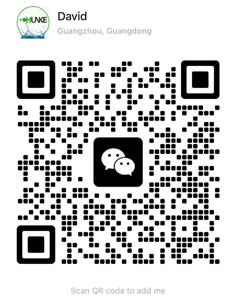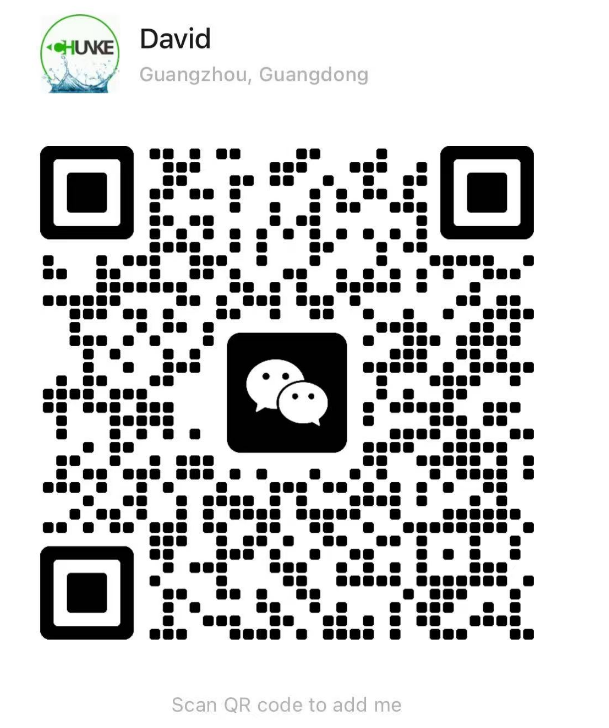What is a household water distiller? Does it consume a lot of electricity?
In order to ensure the safety and purity of drinking water, more and more families have begun to use various water treatment equipment, among which household water distiller has gradually come into people's view.
So, what is a household water distiller? Does it consume a lot of electricity? This article will explore this issue in detail, from the principle of the equipment, practical application, power consumption to usage suggestions, to fully answer readers' doubts.
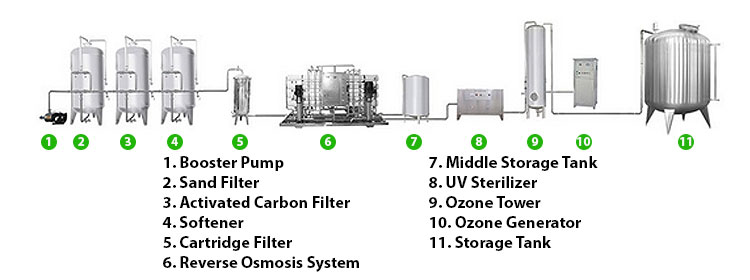
Principle and characteristics of household water distiller
1. Principle
A household water distiller is a device that purifies water through evaporation and condensation. Its basic working principle is as follows:
● Heating: Heat water to boiling to produce water vapor.
● Evaporation: Water vapor rises, leaving behind dissolved impurities and pollutants.
● Condensation: Water vapor is cooled by the condenser and becomes liquid water again.
● Collection: Pure distilled water is collected in a water storage container.
This method effectively removes dissolved solids, heavy metals, bacteria, viruses and other organic matter in water, ensuring the purity of water.
2. Features
● Efficient purification: It can remove most impurities and pollutants and provide high-purity drinking water.
● Simple operation: easy to use, just add water and start the device.
● Easy maintenance: no need to frequently replace the filter, just clean the device regularly.
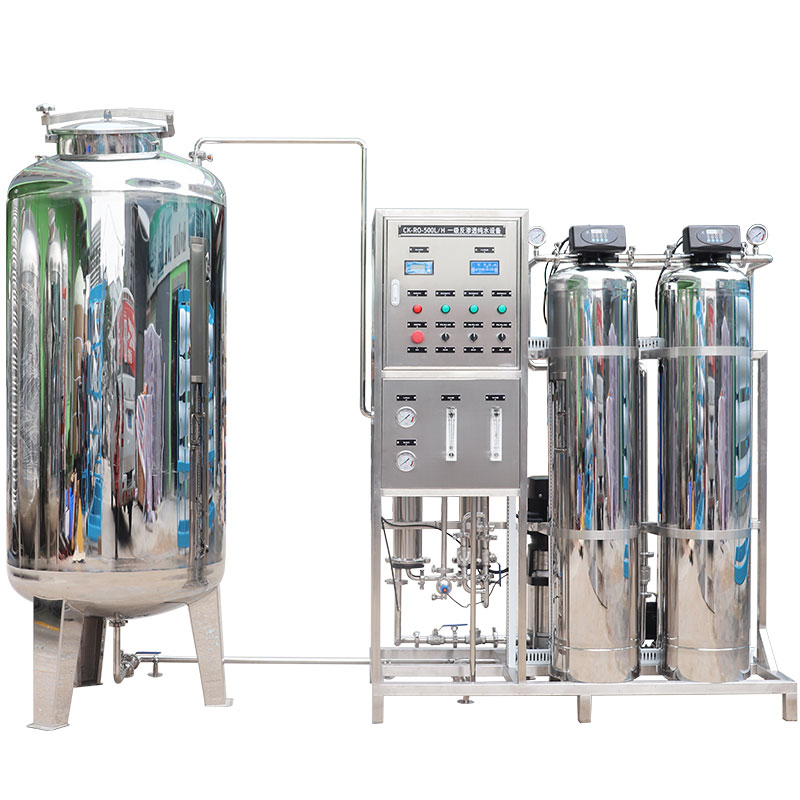
Practical application of household water distiller
1. Drinking water
The most common use of household water distiller is to provide high-quality drinking water. Because it can effectively remove pollutants in water, distilled water is considered one of the purest drinking water and is suitable for people with high water quality requirements, such as infants, the elderly and patients.
2. Cooking
Cooking with distilled water can not only avoid the impact of impurities in the water on the taste of food, but also improve the purity of food. Especially for some delicate cooking processes, such as tea ceremony and coffee making, the use of distilled water is particularly effective.
3. Medical use
Distilled water also has important applications in home medical care. For example, cleaning wounds, preparing drugs and injections, etc. all require the use of pure water, and household water distiller provides a convenient solution.
Analysis of power consumption of household water distiller
1. Factors affecting power consumption
The power consumption of household water distiller mainly depends on the following factors:
● Equipment power: The heating power of the distiller is usually between 500 watts and 2000 watts. The greater the power, the higher the power consumption.
● Distillation time: It usually takes 1 to 2 hours to distill 1 liter of water, depending on the efficiency of the equipment and the initial temperature of the water.
● Frequency of use: The number of times used per day and the amount used each time will affect the total power consumption.
2. Calculation of actual power consumption
Take a 750-watt household water distiller as an example. Assuming that it takes 1.5 hours to distill 1 liter of water, its power consumption is calculated as follows:
● Power consumption per liter of water: 0.75 kilowatts × 1.5 hours = 1.125 kilowatt-hours (kWh)
● Daily power consumption: If 4 liters of water are distilled per day, the daily power consumption is: 1.125 kWh × 4 = 4.5 kWh
● Monthly power consumption: Assuming that it is used 30 days a month, the monthly power consumption is: 4.5 kWh × 30 = 135 kWh
3. Power consumption cost
According to the current electricity price (taking $0.15/kWh as an example), the monthly electricity bill is: 135 kWh × $0.15/kWh = $20.25.
It can be seen that the power consumption and use cost of household water distiller are relatively high, so it is necessary to comprehensively consider the water quality improvement and economic cost when selecting and using it.
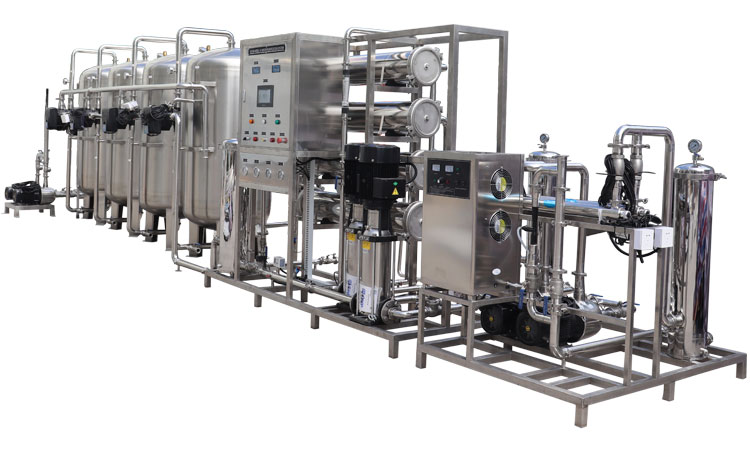
Usage suggestions and precautions
1. Choose the right equipment
When choosing a household water distiller, you should choose the right equipment according to the actual water demand and economic conditions of the family. Equipment with too much power may cause unnecessary energy consumption, and equipment with too little power may not meet the demand.
2. Reasonable use and maintenance
In order to reduce energy consumption, it is recommended to pay attention to the following points when using a household water distiller:
● Preheat the water: If conditions permit, you can heat the water to near boiling before pouring it into the distiller, which can shorten the distillation time and save electricity.
● Regular cleaning: Keep the distiller clean to avoid dirt and mineral accumulation that affects heating efficiency and water quality.
● Produce in moderation: Arrange the production volume of distilled water reasonably according to actual needs to avoid excessive waste.
3. Pay attention to electricity expenditure
Since household water distiller consumes a lot of electricity, families with frequent use need to pay attention to electricity expenditure. You can choose to use it during periods when electricity prices are low, or consider using other auxiliary equipment, such as solar heaters, to reduce electricity consumption.
Conclusion
As an efficient water treatment device, household water distiller can provide pure drinking water and domestic water, and is suitable for families with high water quality requirements. However, its high power consumption is also an important factor to consider.
When choosing and using a household water distiller, users should comprehensively consider the equipment performance, economic cost and usage requirements, and make reasonable plans to ensure that they can enjoy high-quality water sources while controlling energy consumption and costs.





